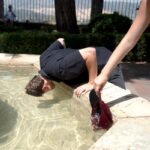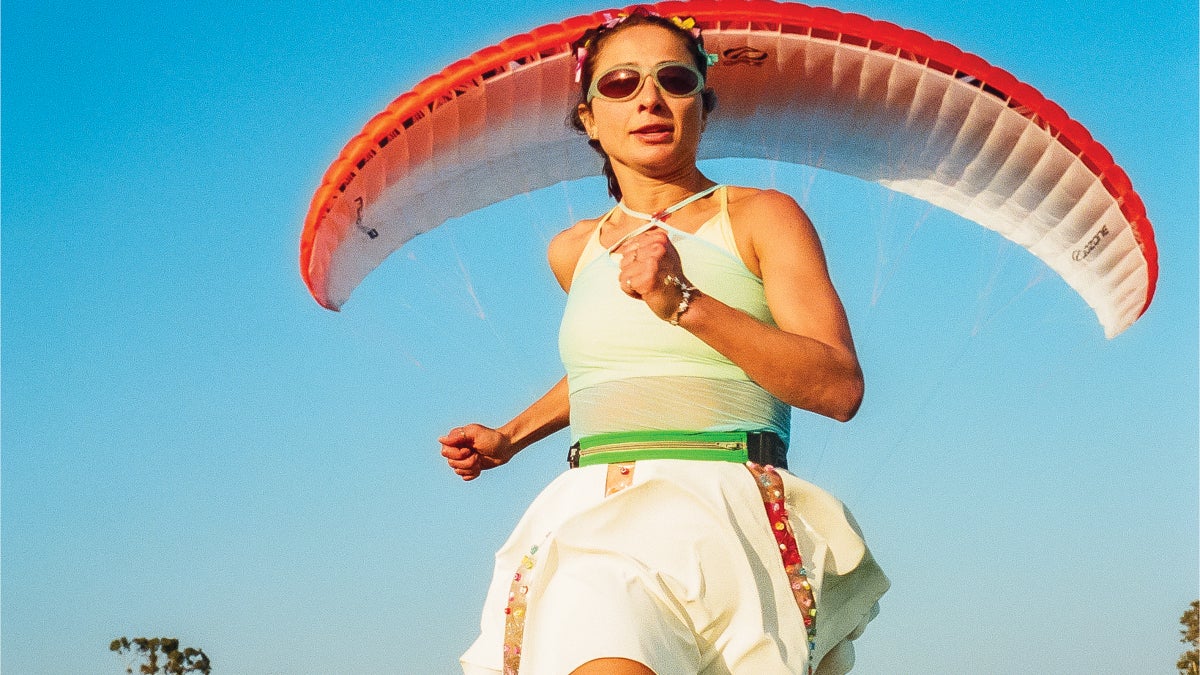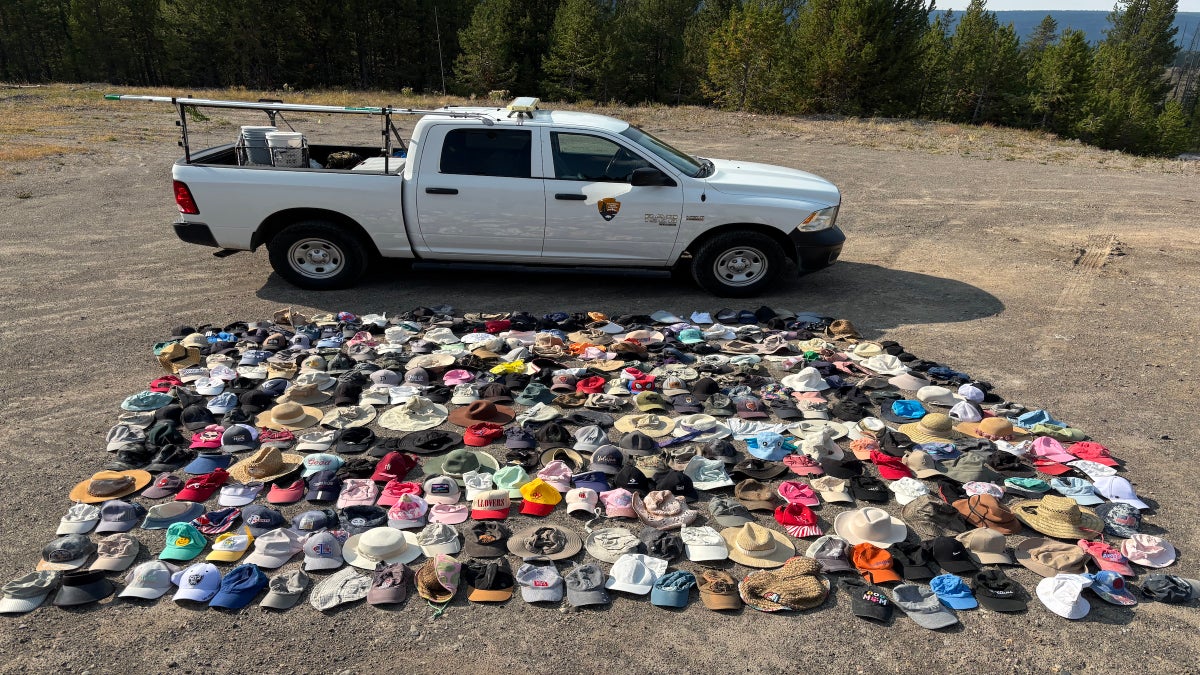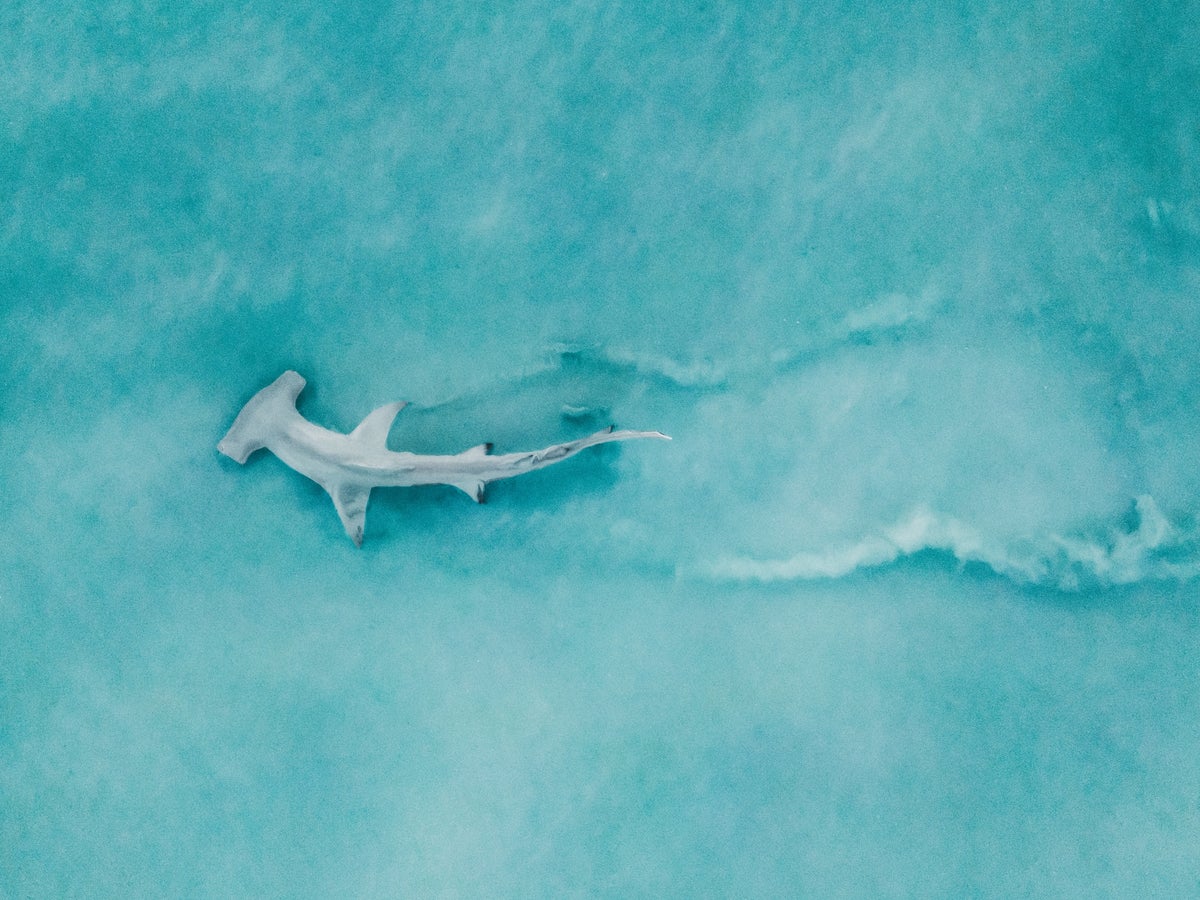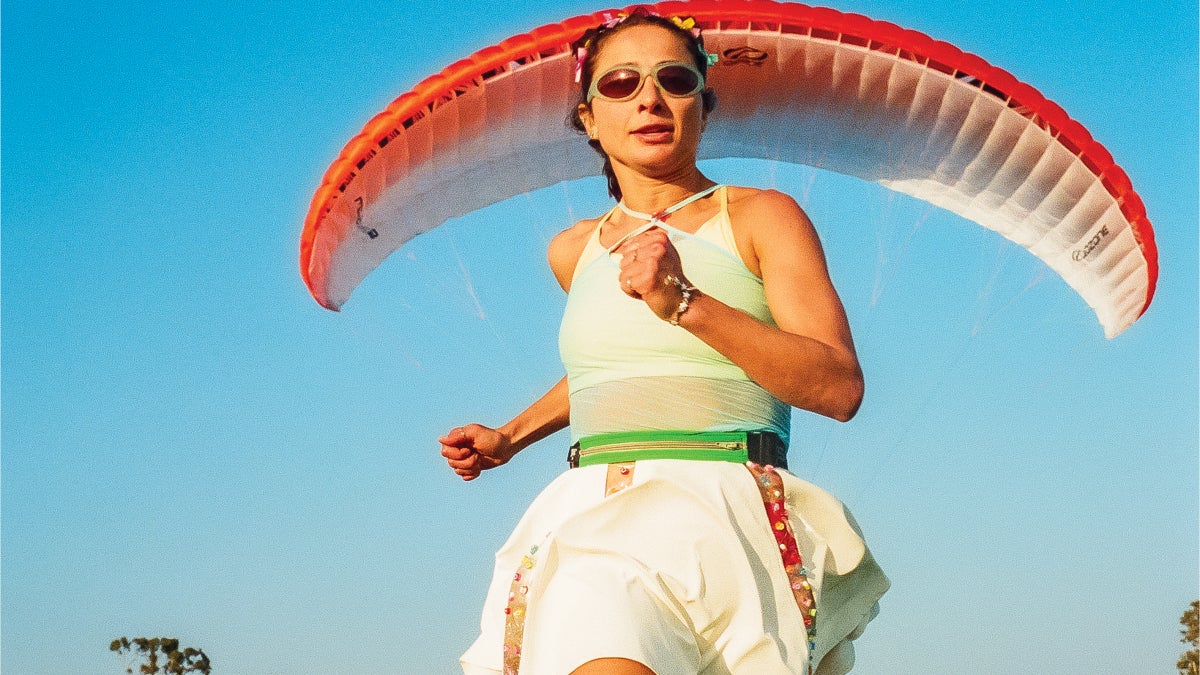
“We’re making a music video! I told you I sing, right?”
Of course she makes music—anyone who knows Alexi Pappas knows to always expect of her the least expected thing.
She lives in an idiosyncratic log cabin in L.A. with totems from her adventures in sport, cinema, and pop culture adorning every nook. And it’s not by coincidence that her home is at the base of what we locals call Dirt Mulholland, the city’s endurance aorta.
She’s jumping for joy, literally, and clapping too, up and down before launching her mighty mouse frame into mine. It’s a bit much for this Gen-X elder raised on cynicism. But Alexi’s exuberance is her default. I aspire to her lack of inhibition, and wonder to myself what it would feel like to experience joy so spontaneously.
Alexi knows this about me. I’ve known her long enough to know she understands people. This is someone who leads with empathy. Who accepts people for exactly who they are but also has the intuition to know what a person needs even when they don’t—and then, without agenda, just fills that need.
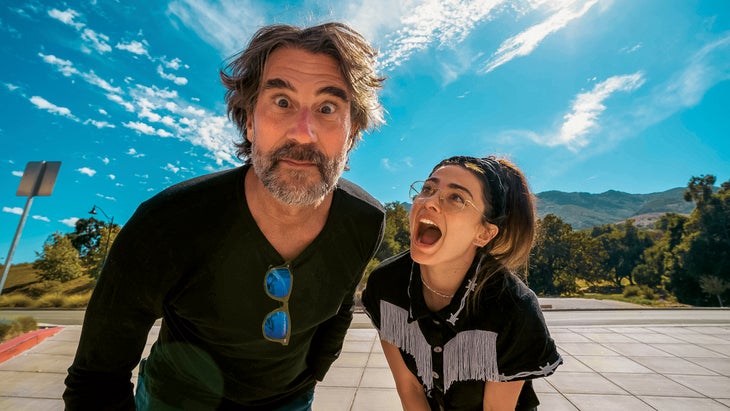
When it comes to Alexi Pappas—this pixie powerhouse who wears wondrousness like haute couture—none of this is an act.
Sure, costumes are involved. Like the uniform she wore in Rio to represent Greece in the 10,000 meters, an Olympic dream forever memorialized by the Olympic rings tattooed just inside her right bicep. There are also costumes that come with the characters she plays in feature films like Tracktown, Olympic Dreams, and Not an Artist.
Then there’s the costume Alexi is perhaps best known for, the one she debuted at the New York City Marathon in 2021. She didn’t plan to wear a costume—she planned to race. It’s just that her body had other plans.
I met Alexi for the first time in December of the previous year, surprised that she arrived at my podcast studio on crutches. Fearful of appearing weak, a perception she was convinced would derail her track and field career, Alexi asked that we take her injury off the podcast table. I agreed, but I couldn’t dismiss the dissonance on display—a gap between the wisdom and positivity she exuded in our conversation and the fear that compelled her to keep her ailment private. This is a costume I’ve seen before. To one extent or another, it’s one we all wear, myself included. But experience has taught me that life disfavors dissonance—and will always create a circumstance that will compel us to disrobe.
Alexi almost pulled out of the marathon. Instead, she considered the marathon an art project.
If there is a definition of the modern athlete it is this—an ethos, a way of being in relationship with sport and our authentic self, which allows us to connect more truthfully with others.
Alexi’s tutu-twirling positivity should not be confused with Pollyanna, nor her quirky insights with naiveté. Because beneath the glitter, there’s a quiet ferocity to her that often goes unnoticed.
“I think people underestimate you,” I taunt, well aware that those who do, do so at their peril. “Does that bother you?” I ask.
“No, I love it!” Meaning, this is a power she leverages.
Alexi’s tutu-twirling positivity should not be confused with Pollyanna, nor her quirky insights with naiveté. Because beneath the glitter, there’s a quiet ferocity to her that often goes unnoticed.
And herein lies a conundrum I’m trying to better understand, how to square this human who leads with vulnerability, who can’t wait to tell me about all things that terrify her, with the other Alexi I know, the killer competitor who refuses to let fear interfere with doing hard things. The confident Olympian that is so good at so many seemingly unrelated things, and goes after all of them with well-honed intentionality.
This is what drew me to invite Alexi on my podcast in the first place. Who is this athlete who can also write screenplays, poetry, and a bestselling memoir? These days she’s working on a loosely autobiographical animated series she created with comedian Michelle Wolf, a scripted series set in the Olympic Village with Oscar-nominated screenwriter Lesley Paterson, and a movie shot at the Paris Olympics starring her and YouTuber Andrew Callaghan.
And she hosts a podcast called Mentor Buffet, featuring diverse guests sharing insights about influential people in their lives.
What Alexi wants is for everyone to experience their version of what she has been able to do. To stop asking for permission to be who they want to be, and instead take ownership for becoming it, whatever that “it” is.
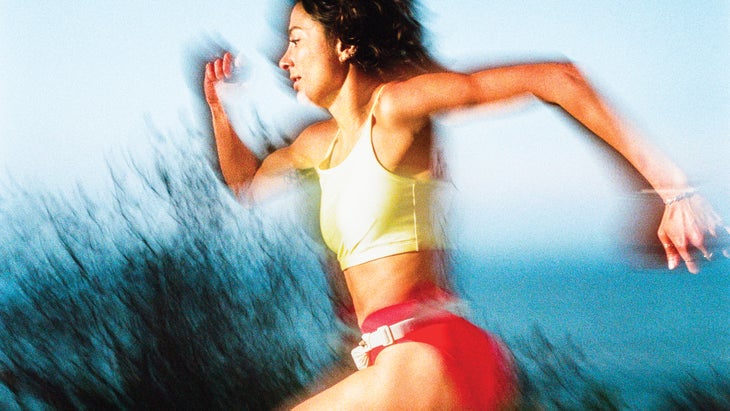
“When is it going to be acceptable for women to ball off-court?” she asks.
This is a good question. I don’t have a good answer. I suspect it will come sooner the more women and girls do what Alexi did, which is to recast themselves—from their pre-assigned roles to starring ones based on scripts of their own design.
Much ink has been devoted to the rise of the modern athlete. But I can’t think of a single person more deserving of this moniker than Alexi, a hybridized multi-hyphenate if there ever was one.
“What does the phrase ‘modern athlete’ mean to you?” I ask.
“The modern athlete understands sport is a starting point for self-discovery, not the end,” she says.
In the curious case of Alexi Pappas, it’s all about curiosity—about yourself, other people, and what can be discovered by welcoming into your life the unknown. To be a modern athlete, all you have to do is decide to be one—and start.
“I just can’t wait until it’s cool again to be earnest, cool again to try,” she says to me before I leave the cabin.
Her eyes sparkle. And just like that, she’s clapping again.
The post Rich Roll on Alexi Pappas: She’s Redefining What It Means to Be a Modern Athlete appeared first on Outside Online.









